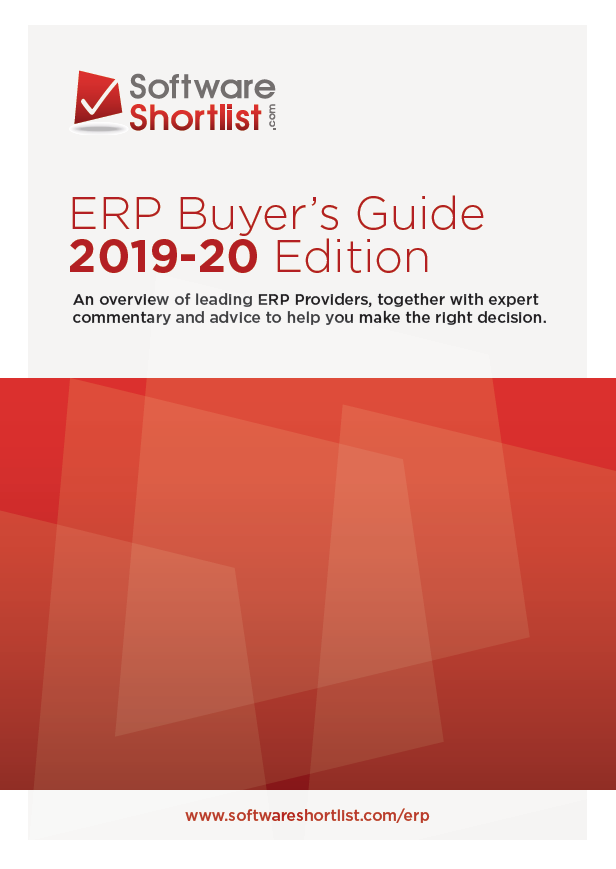 It’s a case of agile or irrelevant as the c-suite reboots for resilience…
It’s a case of agile or irrelevant as the c-suite reboots for resilience…
Agility is the new currency of business with CEOs needing to be comfortable disrupting their business models in the current volatile, uncertain complex and ambiguous (or Vuca) world.
That’s placing extra emphasis on digital reinvention, including cyber resilience, workforce 4.0 and technology 4.0 – including automation.
The fifth annual KPMG CEO Outlook, which polled 1,300 CEOs in 11 countries including Australia, says CEOs are increasingly aware that if they fail to adapt to a constantly changing world, their business will become irrelevant.
“This is a stark choice,” says KPMG International chairman Bill Thomas.
“In the past, [resilience] was all about battening down the hatches in the face of short-term headwinds. Organisations looked to defend their positions and use scale to maintain competitive advantage,” he says.
Two-thirds of the CEOs polled said that they were disrupting their sectors, rather than waiting to be disrupted.
Now, however, resilience means agility, and a willingness to disrupt your own business model, KPMG says. And that’s something CEOs are showing a willingness for, with 67 percent of those surveyed acknowledging that agility is the new currency and being too slow risks bankruptcy, and 84 percent actively working to transform their leadership team to build resilience. In line with global figures, in Australia, nearly two-thirds of the CEOs polled said that they were disrupting their sectors, rather than waiting to be disrupted.
But despite acknowledging the need for a culture where errors and mistakes are an accepted part of the innovation process, only 58 percent globally say such a culture is in place.
The push to build resilience and act with agility, is requiring CEOs to drive change from within. Among their key priorities are enhancing digital capabilities – both in terms of technology and the workforce – and building cyber resilience. And it appears Australian CEOs are prepared to spend up on digital, with one third planning to upskill at least half of their workforce in digital skills, while two-thirds are prioritising investment in capital technology ahead of workforce investment.
Brendan Rynne, KPMG Australia chief economist, says recent research from KPMG Economics shows that productivity – the key driver of wages growth – depends strongly on hi-tech investment.
“So, it is an encouraging sign that Australian CEOs seem keen to invest in this area.”
But while the figures sound positive they actually has Australia lagging the global average, where 44 percent of CEOs are upskilling more than 50 percent of their workforce, though less than a third prioritise workforce investment over technology investment.
They’re expecting to see a quick return on digital transformation investment, too, with 44 percent of Australian CEOs bullish on seeing significant ROI over the next 12 month – ahead of the global figure of 31 percent. Overall, 90 percent of all CEOs believe ROI will happen within three years.
There’s a split in what technologies will return the biggest ROI most quickly. Fourteen percent of Australian CEOs believed they’d seen ROI on their AI investment within a year, and 24 percent felt it would be within three years, with the majority expecting ROI in three to five years. When it came to robotic process automation half expect to see payback within three years.
Automation is certainly figuring high for Australian businesses. Forty-four percent say they’re piloting and 48 percent say they’re beginning implementation.
Meanwhile on the cyber-resilience front, 42 percent of Australian CEOs are braced for cyberattacks, agreeing or strongly agreeing that an attack is not a case of if, but when. Our preparedness for cyberattacks is also up, based on CEO views at least, with 24 percent saying they were ‘very well’ prepared and 52 percent said they were well prepared, up from 12 percent and 48 percent respectively in 2018. Globally, 68 percent believe they’re prepared for a future attack.
Perhaps driven by the proliferation of coverage of cyber attacks – and their impact on business – there’s also been a jump in the number of CEOs believing that a strong cyber strategy is critical to building trust with key stakeholders – up from 55 percent last year to 69 percent. The report also shows that CEOs see cyber security as more than just a defensive or mitigating capability, with 71 percent globally saying information security is a strategic function and source of competitive advantage.



